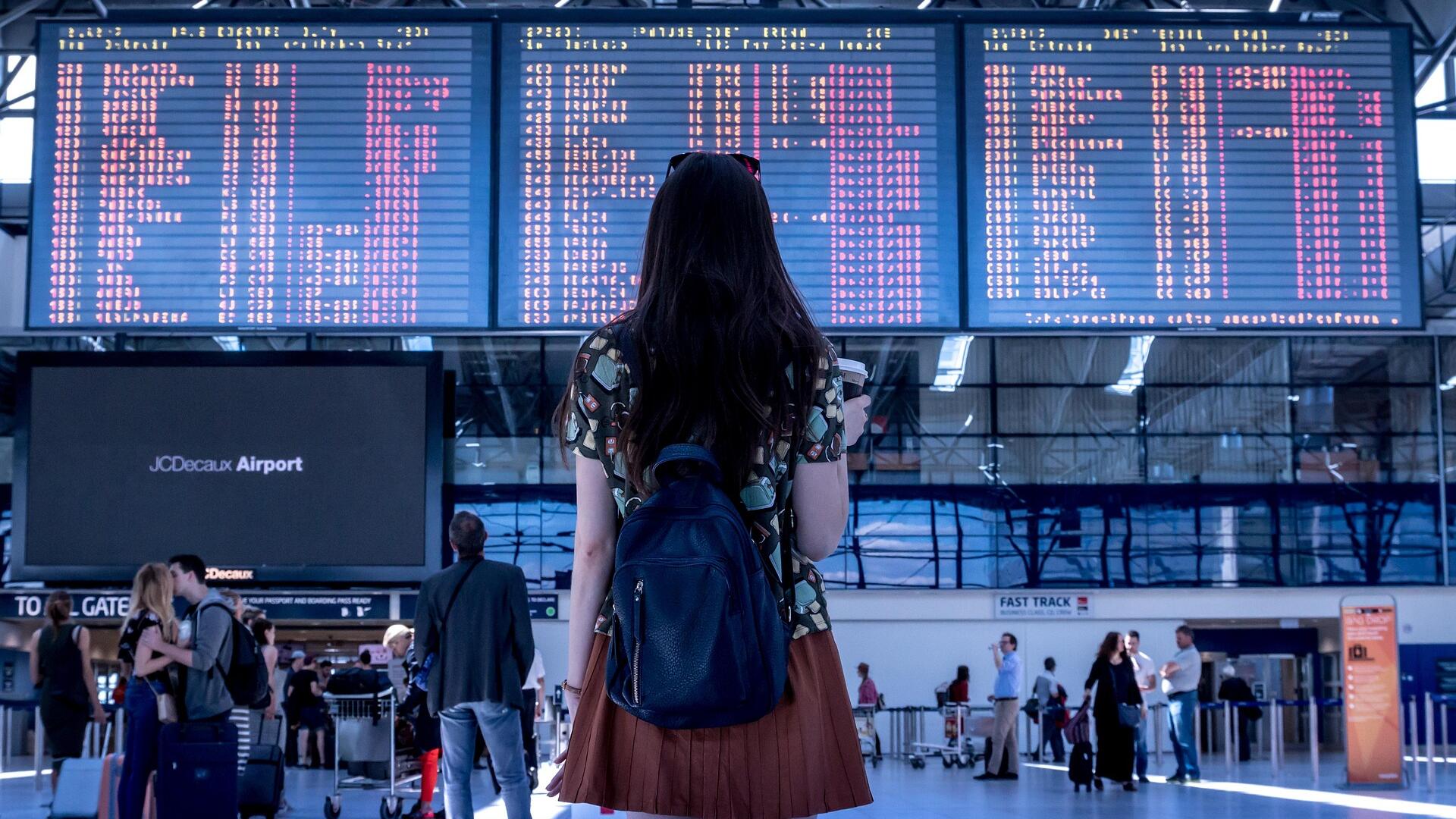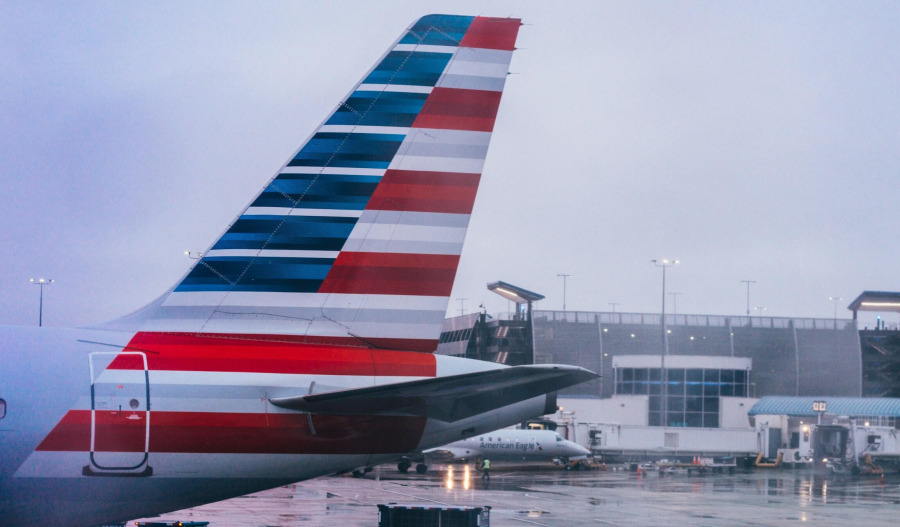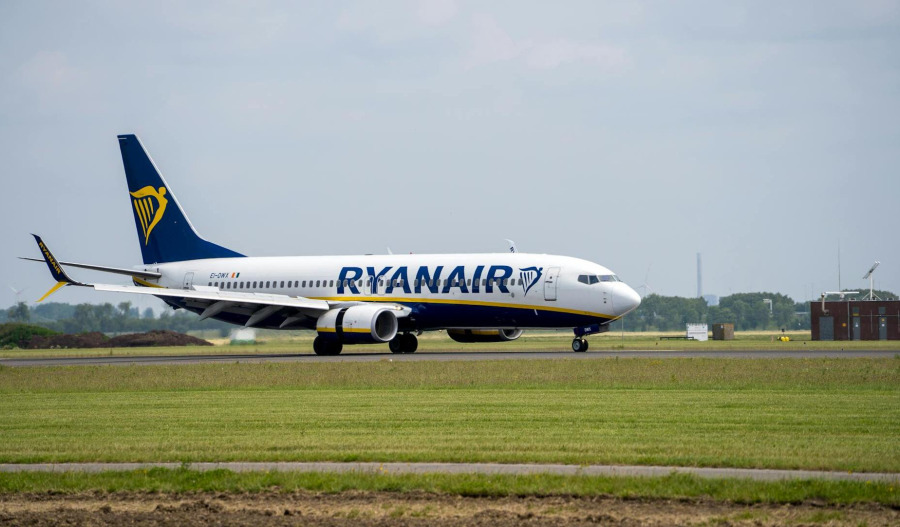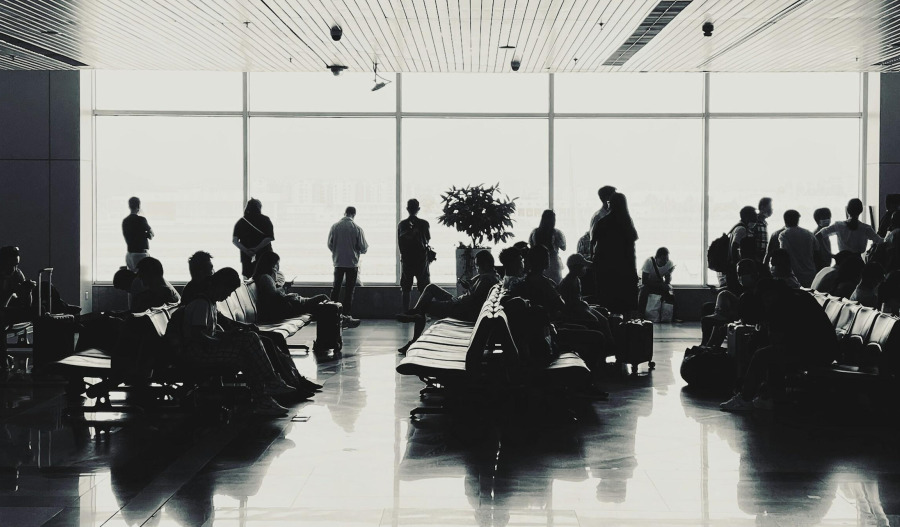As the United States government shutdown drags into record territory, travellers across the U.S. are being confronted with a new wave of flight disruptions with the Federal Aviation Administration (FAA), following orders from Transportation Secretary Sean Duffy, announcing flight reductions at 40 major airports.
Underscoring the decision to scale back flights is a severe shortage of air traffic controllers.
Due to the protracted government shutdown over 13,000 controllers and 50,000 security screeners are working without pay.
It’s understood that many have stopped showing up for work, choosing to take second [paying] jobs or skipping shifts because they can’t afford childcare.
With the FAA was already short-staffed before the shutdown, the absentee rates have climbed above 30% at some airports.
Duffy said safety concerns left him with no choice but to act.
“We thought 10% was the right number based on the pressure we were seeing,” he said, adding that the cuts are “proactive” and have no set end date.
According to aviation data firm Cirium, the reductions - starting at around 4% of flights and climbing to 10% - could potentially cancel up to 1,800 flights and 268,000 airline seats daily.
Airports affected the most include major hubs like Atlanta, Chicago, Dallas, Los Angeles, and New York City.
The slowdown comes during a quieter travel season, however, if the shutdown continues into the busy Thanksgiving period, analysts warn the disruption to passengers and airlines could deepen dramatically.
More flexible options being offered by major U.S. carriers – including Delta, United, American, Southwest, Frontier, and JetBlue - means travellers can change or cancel flights without penalties, even on basic economy tickets that usually come with strict restrictions.
United and Delta have committed to cancelling flights a day early when possible to give passengers time to adjust.
Frontier’s CEO, Barry Biffle, even urged people traveling for urgent reasons, like funerals, to book backup tickets on other airlines.
“I’m sorry this is happening,” he wrote on LinkedIn. “Just giving everyone practical travel advice.”
Some carriers, like United, are prioritising long-haul and hub-to-hub routes while trimming shorter regional flights, while others, like Southwest and American, expect most of their schedules will remain intact, however, they are preparing for last-minute changes if the FAA tightens restrictions further.
While many passengers are looking to travel insurance for backup, most policies only reimburse travellers if a delay or cancellation is caused by a “common carrier” problem and not government shutdown–related issues.
Meantime, while airlines are hoping the crisis won’t last long enough to hurt profits, shares in major carriers have already dipped between 1% and 2%.
Analysts note that while lower demand right now helps ease rebooking challenges, consumer confidence could drop if the shutdown lingers.
The Association of Flight Attendants, representing over 55,000 crew members, has called on Congress to end the shutdown immediately, calling it a “manufactured crisis”.
However, until lawmakers reach a deal, the air travel system remains under strain and passengers will need patience, flexibility, and maybe a backup plan to get where they’re going.

Join our community of decision-makers. No card required
Join now

